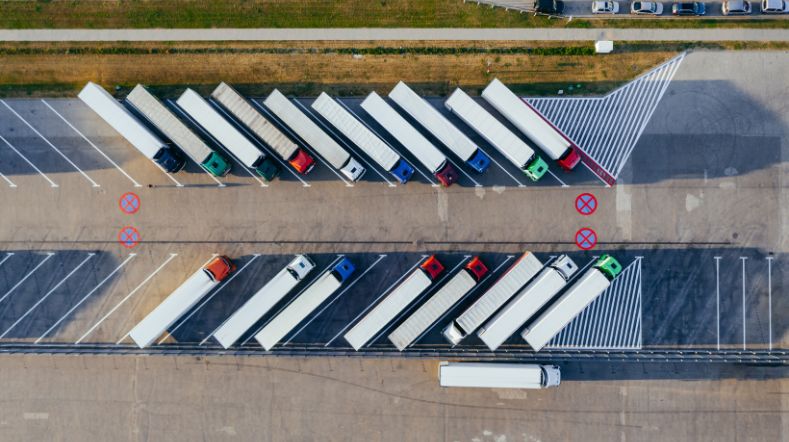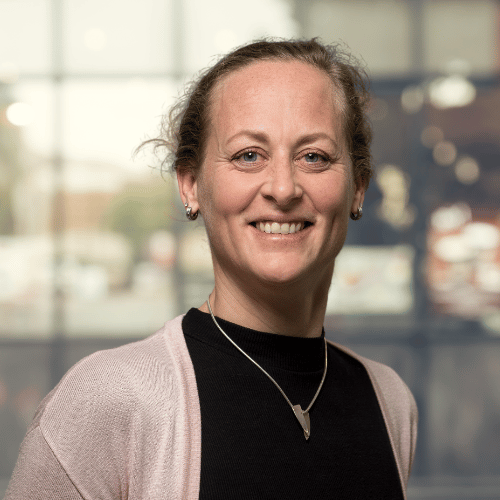
Scenario-based validation of ALKS key step towards automated driving
Cars are increasingly capable of taking over driving tasks from us. An important step towards the self-driving car is the introduction of Automated Lane Keeping Systems (ALKS), marking the first time the driver is not fully responsible for the driving task. TNO offers the industry and policymakers a proven, scenario-based methodology called StreetWise to develop and validate these automated systems safely.
Advanced Driver Assistance Systems (ADAS)
While fully autonomous vehicles are still a long way ahead, the automotive industry is steadily progressing with Advanced Driver Assistance Systems (ADAS) that gradually assume more driving tasks from the driver. Most developments occur in ADAS, which represent level 2 of the five levels of automated driving. At this level, the driver retains full responsibility for the driving task.
However, manufacturers have now started rolling out the first level-3 systems. For instance, German luxury brands now offer Automated Lane Keeping Systems (ALKS). This term does not quite cover the systems’ purpose, however, as they do much more than just keep the vehicle in lane. With ALKS, the driver merely serves as a backup and is briefly able to drive without hands on the wheel or eyes on the road, known as ‘hands-off, eyes-off’.
This may only occur under strict conditions, as laid down by UN Regulation No 157. This stipulates that ALKS may only be used on specific roads. Moreover, the operational design domain (ODD) set by the manufacturer limits its use further. For example, some ALKS only function in good visibility or during the day, and not during roadworks or in tunnels.

'ALKS indeed mark a step towards autonomous vehicles, which ultimately have the potential to contribute to the objectives of zero emission, zero casualties and zero loss.'
Important step towards autonomy
Nevertheless, Sjef van Montfort, Senior Consultant Vehicle Safety Assessment at TNO, believes that ALKS represent a crucial step towards fully autonomous vehicles. 'For the first time, the responsibility for the driving task no longer lies entirely with the driver. This does, of course, raise some legal issues. Will these initial systems significantly enhance traffic safety, reduce congestion or lower emissions? No. That said, ALKS will play a vital role in acquainting users and manufacturers with the development of Automated Driving Systems (ADS).'
'Additionally, they will force policymakers and implementing authorities to assess or reassess legislation and regulations carefully. As such, ALKS indeed mark a step towards autonomous vehicles, which ultimately have the potential to contribute to the objectives of zero emission, zero casualties and zero loss.'
TNO aids in interpreting standards
TNO’s Integrated Vehicle Safety (IVS) department advises industry partners, policymakers, certification bodies and entities like Euro NCAP on ADAS and ADS implementation. Recently, TNO worked with RDW, the Netherlands Vehicle Authority, on a project concerning ALKS, aiming to interpret and define the open standards set by the EU for these systems.
Esra van Dam, Technical Lead at IVS: 'Such standards often contain abstract concepts. For example, ALKS must exhibit the driving behaviour of a ‘competent and careful human driver’. But what does that mean, specifically? And how do you measure that? Together with RDW, we explored these questions to establish clear guidelines, using TNO’s scenario-based StreetWise approach.'
Unifying role
Sjef van Montfort highlights TNO’s unique added value for partners in developing and validating ADAS and ADS, thanks to its unifying role. 'On the one hand, we possess substantial technological knowledge and expertise in self-driving and driver assistance systems. We understand how they function and how they’re developed. On the other hand, we understand the complexities involved in evaluating vehicle systems.'
'StreetProof and StreetWise are valuable and unique validation methods and algorithms to assess the safety of automated assistance systems reliably. In doing so, we consider the vehicle’s interaction with the driver, other road users and the environment. This combined expertise is immensely valuable to our partners and will ultimately contribute to the successful implementation of these systems.'

'ALKS must exhibit the driving behaviour of a ‘competent and careful human driver’. But what does that mean, specifically? And how do you measure that?'
Reliable validation method
TNO follows the proven self-developed StreetWise methodology for validating driver assistance systems. Joke Welten, Deputy Research Manager at IVS: 'With systems like ALKS, it’s impossible to replicate all driving scenarios through practical tests. Before sending a vehicle out onto the road, however, you want to ensure it responds adequately in every situation.'
'With StreetWise, we’ve developed a methodology to help industry partners generate scenarios from their data. We can then assess reliably how complete and representative those scenarios are for real-life situations. This leads to test cases derived from these scenarios for simulations and tests on the test track. We also use StreetWise to identify scenarios encountered during field tests on public roads.'
Covering 99% or 50% of situations
However, as noted by Sjef van Montfort, 'you can never account for all scenarios. Freak accidents will always occur, such as a plane landing on a motorway. In the end, manufacturers want to know whether we’ve covered 99% of all situations or less than 50%.' TNO employs this scenario-based approach for current level-2 driver assistance systems as well. 'Even with those systems, you want to check what kinds of situations a vehicle runs into.'
For policymakers and implementing authorities, StreetWise provides valuable insights for practical guidelines, as the project with RDW shows.

'With StreetWise, we’ve developed a methodology to help industry partners generate scenarios from their data. We can then assess reliably how complete and representative those scenarios are for real-life situations.'
Cooperation needed on data
For the Netherlands, it is important to remain involved in the development of self-driving systems like ALKS. Joke Welten: 'Ultimately, we want manufacturers to introduce cars with ADAS and ADS that can handle the Dutch situation well, taking into account our specific infrastructure and driving habits. For example, we have an above-average number of cyclists on our roads. This makes it important for our ministries and implementing authorities like RDW and CBR, the Central Office for Motor Vehicle Driver Testing, that we ensure these vehicles can navigate our traffic situations.'
Looking towards the future, TNO sees cooperation on data regarding driving scenarios becoming increasingly important. Sjef van Montfort anticipates: 'For manufacturers, it’s impossible to gather all data on specific driving situations worldwide. That makes the exchange of data on driving scenarios among manufacturers key to bringing autonomous vehicles a step closer.'
Expanding ALKS applications
What lies ahead for ALKS? Sjef van Montfort expects ALKS to be used in more and more situations and evolve into self-driving systems. 'Once the legal hurdles have been overcome, manufacturers will expand the ODD to include more locations and situations in which ALKS can be used. This includes higher speeds and the ability to overtake, so that they eventually evolve into full-fledged ADS.'
'This offers the significant advantage of allowing drivers to make better use of their time. Additionally, there are potential applications for shuttles for passenger and freight transportation, as well as truck platooning, where automated trucks travel in small convoys over long distances.'
With ALKS and TNO’s validation methods, that future has come one step closer.
3 June - 11 July | Join the route to safe automated driving and meet the expert
Do want to get the latest updates on safe automated driving by one of our experts? Join one or more sessions.
Get inspired
Getting on board with autonomous transport? Five things you need to know
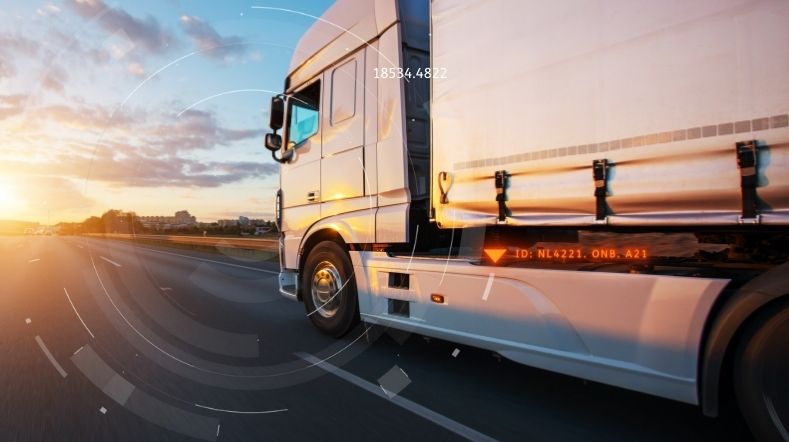

Connected mobility
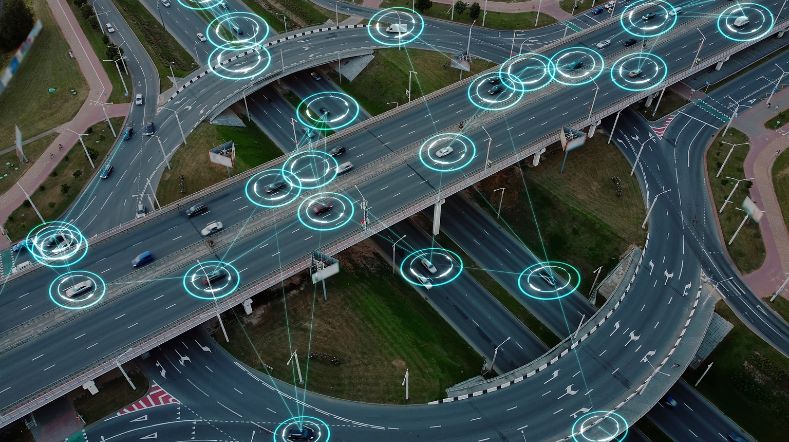

Working on safer self-driving cars
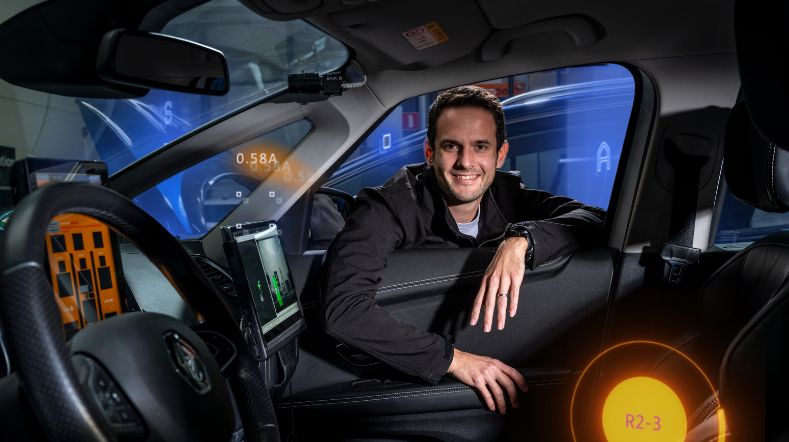

Goodyear and TNO further integrate tyre and vehicle technology to mitigate crashes in adverse weather
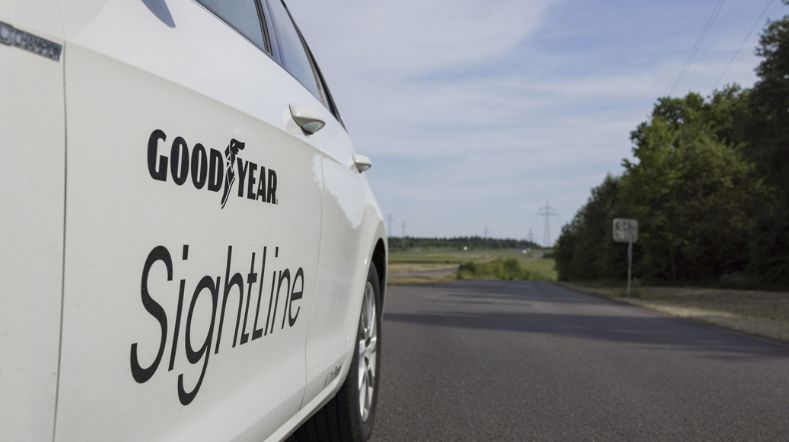

TNO CEYAS offers logistics partners advantage yard automation
